Pre-Request Script:
let user_id = pm.collectionVariables.get("user_id");
pm.sendRequest(`http://security.postman-breakable.com/account/${user_id}/summary`, function (err, response) {
if(response.status == "FORBIDDEN"){
pm.collectionVariables.set("status_code", 403);
}else if(response.status == "OK"){
pm.collectionVariables.set("status_code",200);
}
});
Test:
let status_code = parseInt(pm.collectionVariables.get("status_code"));
pm.test(`Status code is ${status_code}`, function () {
pm.response.to.have.status(status_code);
});
The response code is 200 but it reads the previous response code which was 403.
Although I try to change my collection variable called "status_code" by writing pre-request script when the response code changes, it doesn't change.
